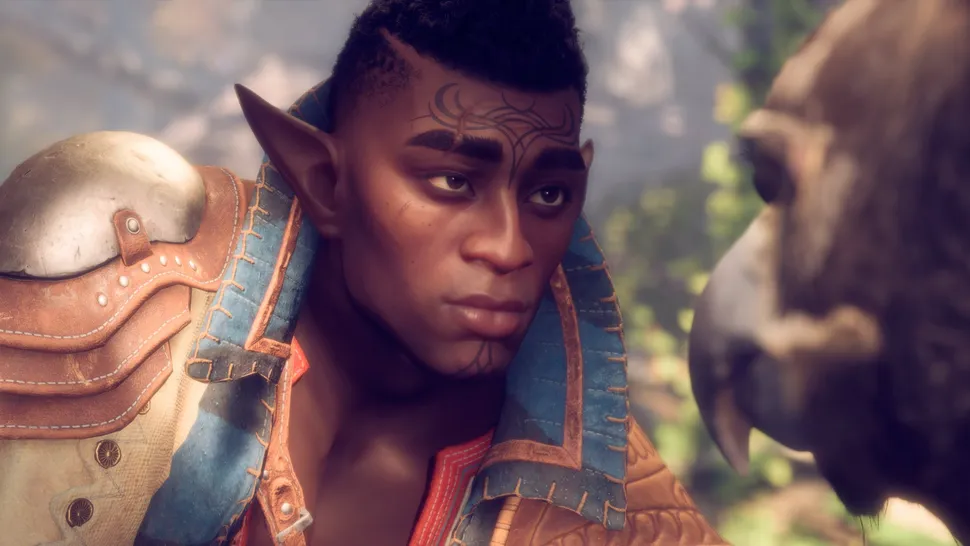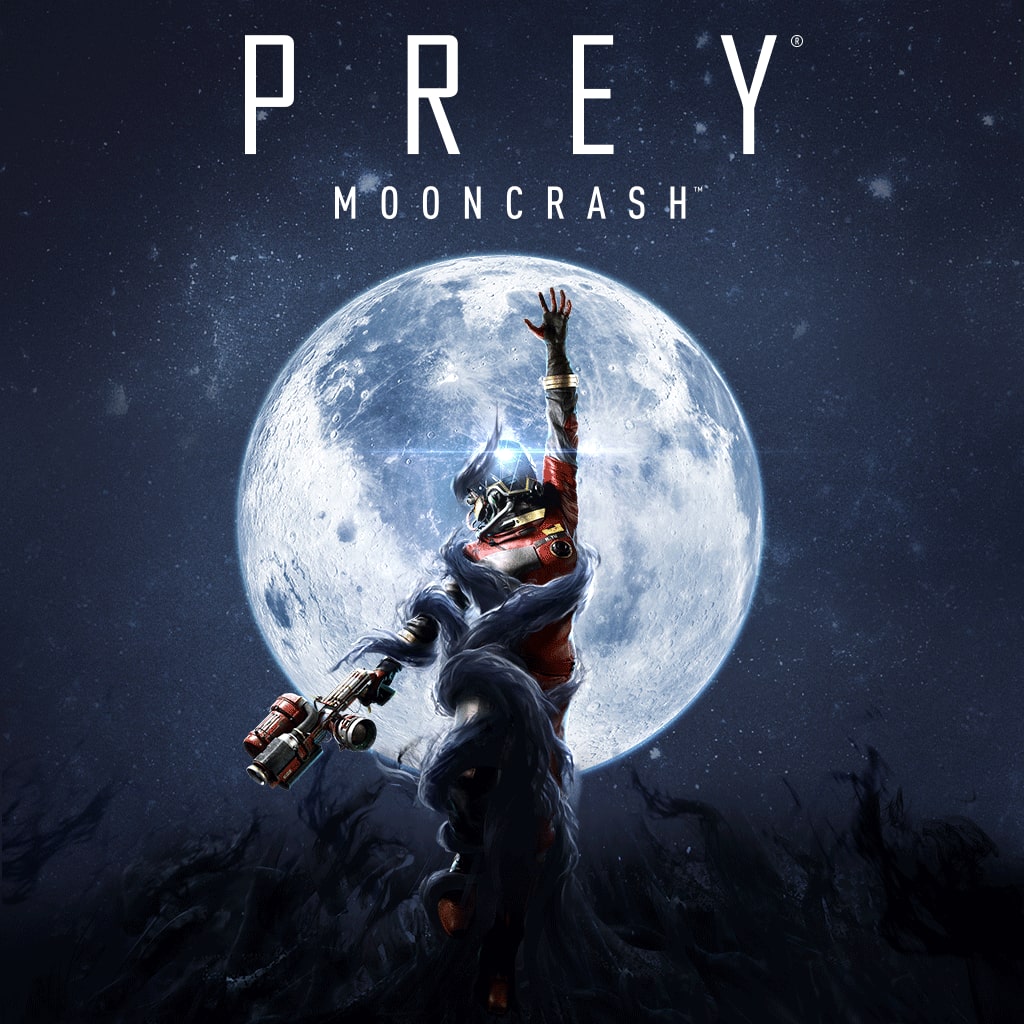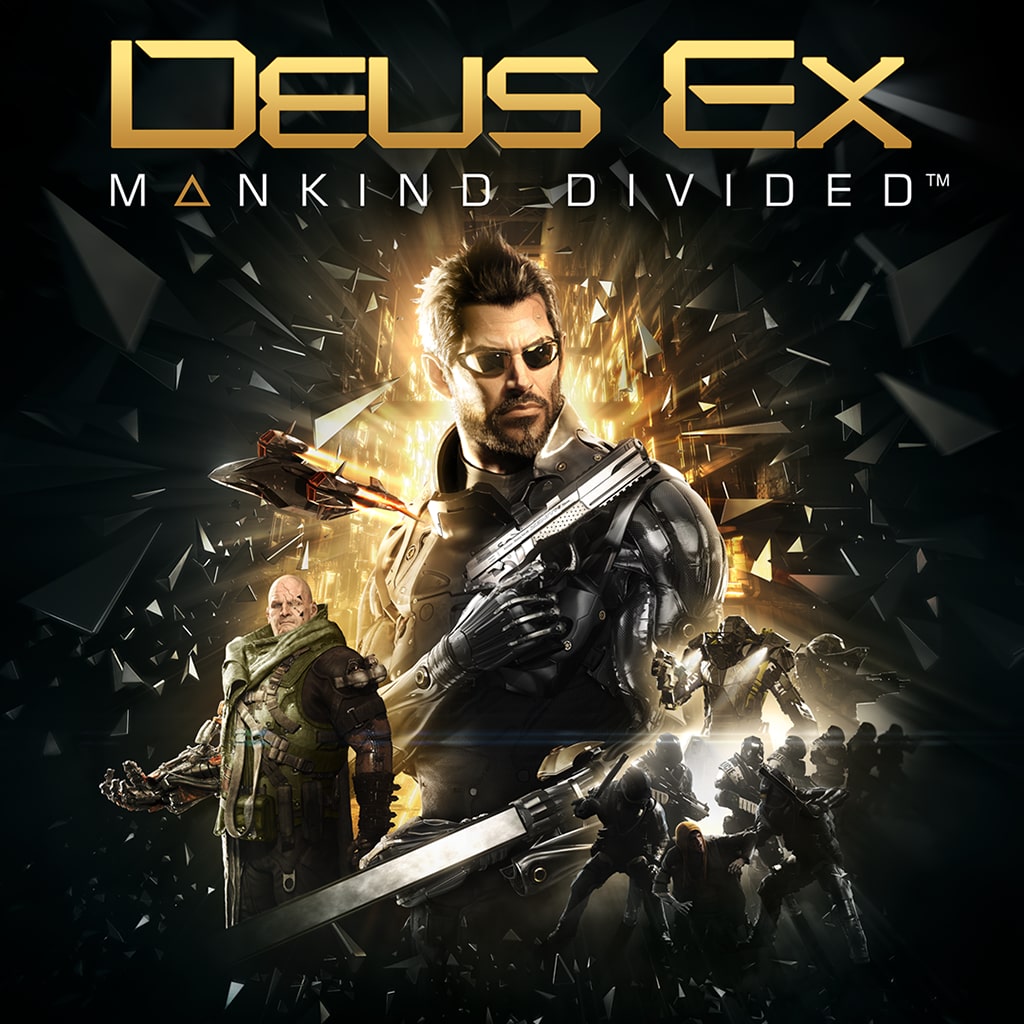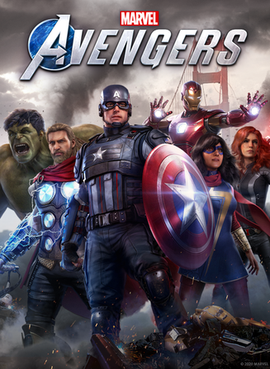LectureMaster
Gold Member

I've seen enough: No more forcing singleplayer studios to make mediocre live service games
We're leaving this one behind in 2024.

We began 2024 with Suicide Squad: Kill the Justice League and ended it with Dragon Age: The Veilguard. Both are new games from beloved institutions of 2010s triple-A single player games, their first outings in many years—a full decade since Arkham Knight and the last Dragon Age game, while it's been five years since BioWare's Anthem-shaped failure. Both were—at least for part of development, with The Veilguard—attempts at making live service, persistent multiplayer games in the vein of Destiny.
After Anthem was critically panned and failed to maintain an audience, with BioWare and EA ultimately ending content updates for the game, Veilguard reportedly went through a soft development reboot from a Destiny-style experience back into a fully singleplayer RPG more in line with previous Dragon Age games. Suicide Squad was delayed an extra year after a poorly-received initial gameplay reveal, but crucially kept that live service model, with its campaign followed by repeatable missions, "endgame" content, and seasons of further support that have been unceremoniously cut off.
Trying to retrofit a singleplayer studio into a 'live service machine go brrr' moneymaker is not a smart bet.
I look at this and see The Veilguard pulling back from a disaster, while Suicide Squad charged into a trap that has burned many established, well-respected studios. Live service games are among the most popular out there, but they are resource-intensive and require long-term commitments from developers and publishers. Players have understandably high expectations of games that, by design, demand so much of their time, while that time demand incentivizes players to settle on a single go-to live service game to the exclusion of others, heightening the competitiveness of the space. The demands of a live service game are different from those of a singleplayer experience with a set ending, and many of the biggest success stories come from new, dedicated studios, or ones with strong institutional knowledge of making multiplayer games:
- Escape From Tarkov: debut effort from Battlestate Games.
- Roblox: First released in 2006 and is the only game developed by the Roblox Corporation.
- Fortnite: Epic had a long multiplayer history with Unreal Tournament, as well as incredible resources from owning and licensing the Unreal Engine.
- Final Fantasy 14: Dedicated MMO studio, "Business Division 5," within publisher Square Enix.
- Diablo 4: It's Blizzard, man. They made World of Warcraft.
- Path of Exile: To date, the series is the sole focus of Grinding Gear Games.
BioWare's The Old Republic was a more traditional MMO that came from a very different era of development. After explosive initial success, it's settled into an—admittedly impressive—long, slow burn of popularity and updates. Valve is Valve, a company with no real direct parallels in the industry, and its successes with Dota 2 and Counter-Strike: Global Offensive were preceded by years of multiplayer hits in Counter-Strike, Half-Life: Deathmatch, and the prototype live service of Team Fortress 2, to name a few. Apex Legends was a middle period live service game, but an innovator and relatively early adopter of battle royale gameplay, and Respawn had its own prior multiplayer bona fides. Obsidian's Grounded, meanwhile, might be one of the more extreme edge cases: A much smaller-scale live service survival game that proved modestly successful while the studio as a whole remained focused on singleplayer RPGs.

The late 2010s and early '20s have seen a large number of failed live service games, particularly from highly-regarded singleplayer studios. Here's a quick overview:
- Redfall: 44% review score from PC Gamer, contributed to the closure of beloved studio Arkane Austin, Bloomberg suggests it had a contested, confused development.
- Outriders: 63% review, failed to turn a profit within its first, most successful year, received a single expansion and does not appear to be getting updates anymore.
- Anthem: 55% review, underperformed in sales relative to budget, BioWare/EA history, continued content updates and a planned 2.0 refresh canceled after two years.
- Marvel's Avengers: 69% review, official support ended after just over two years.
- The Last of Us Online: Canceled before release as the studio believed it would "severely impact development on future singleplayer games."
- Suicide Squad: Kill the Justice League: 67% review, underperformed in sales, continued content updates canceled after less than a year.












